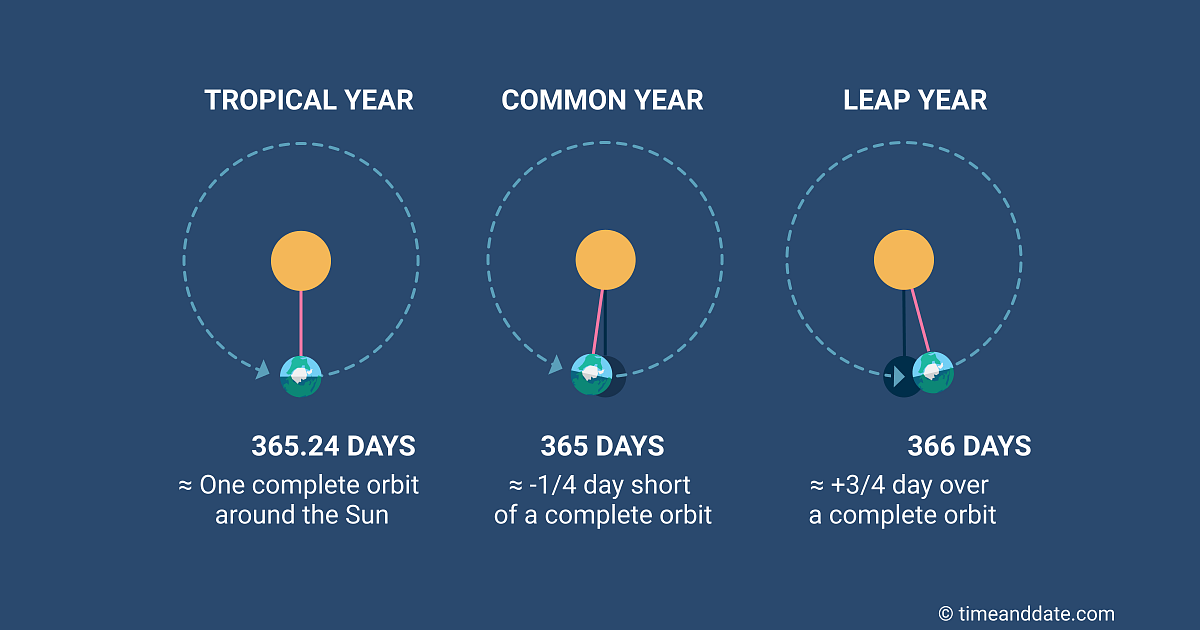Calendar Definition World History

In egypt it was the annual flooding of the nile river.
Calendar definition world history. The gregorian calendar is the international standard and is used in most parts of the world to organize religious social business personal and administrative events. But even in a warm climate there are annual events that pay no attention to the phases of the moon. In some areas it was a rainy season.
The advent calendar is an ever present part of the christmas season. Two such calendar eras have seen notable use historically. The first historically attested and formuli.
Advent in the christian church calendar the period of preparation for the celebration of the birth of jesus christ at christmas and also of preparation for the second coming of christ. Archeologists have reconstructed methods of timekeeping that go back to prehistoric times at least as old as the neolithic. Anno mundi latin for in the year of the world.
In many countries it is marked by a variety of popular observances such as the lighting of advent candles. However it is abruptly dropped by napoleon in 1805 when he wants to improve relationships with the pope. The history of calendars that is of people creating and using methods for keeping track of days and larger divisions of time covers a practice with ancient roots.
The system is imposed by the french on all the sister republics set up in europe from 1795 though as a calendar for a new world era it is unfortunate that the names of the months only match the seasons in the northern hemisphere. Most of the oldest calendars were lunar calendars based on the time interval from one new moon to the next a so called lunation. The byzantine calendar was used in the byzantine empire and many.
First set of words in the ap world history book by the princeton review. Calendars are explicit schemes used for timekeeping. לבריאת העולם to the creation of the world abbreviated as am or year after creation is a calendar era based on the biblical accounts of the creation of the world and subsequent history.


















